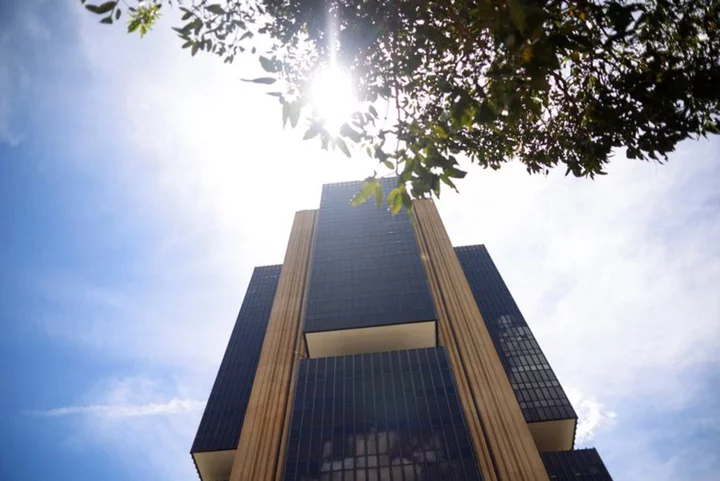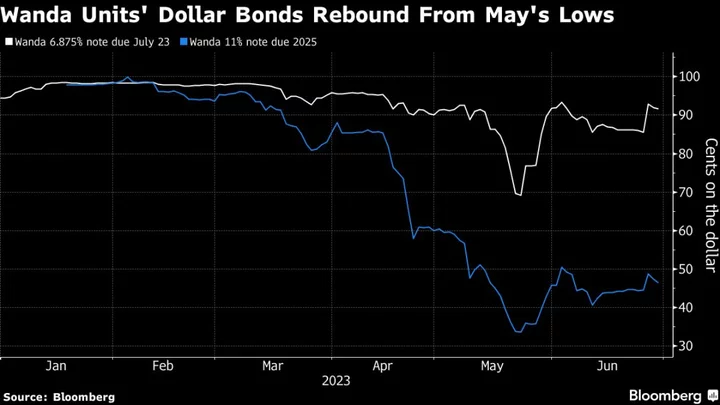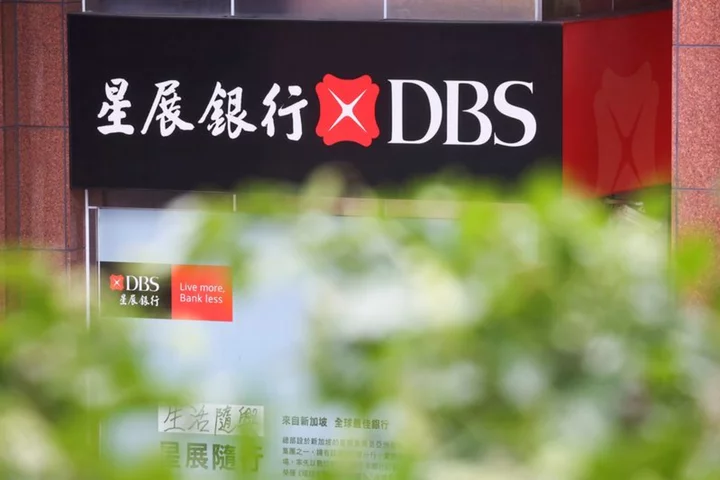By Marcela Ayres
BRASILIA Brazil's central bank cut its benchmark interest rate by 50 basis points on Wednesday for the third time in a row and once again signaled more of the same for its upcoming meetings, while also flagging an "adverse" external backdrop.
The bank's rate-setting committee, known as Copom, unanimously reduced its Selic benchmark interest rate to 12.25%, matching the expectations of all 40 economists polled by Reuters.
"If the scenario evolves as expected, the committee members unanimously anticipate further reductions of the same magnitude in the next meetings, and judge that this pace is appropriate to keep the necessary contractionary monetary policy for the disinflationary process," said the central bank in its decision's statement.
The bank's decision to keep up its pace of rate cuts comes despite a more challenging global environment for policymakers.
The prospect of higher long-term U.S. interest rates has led to a tightening of global liquidity and strengthening of the dollar, adding to inflation pressures in emerging markets like Brazil.
The central bank said that in light of a external backdrop it called "adverse," the current context is "more uncertain than usual and requires caution on the conduct of monetary policy."
Policymakers also reiterated that the overall extent of the easing cycle over time will depend on a range of factors, including the inflation dynamics and the output gap, emphasizing the need to maintain a tight policy until the disinflationary process solidifies and inflation expectations align with targets.
Uncertainties about the global scenario and concerns about leftist President Luiz Inacio Lula da Silva's commitment to fiscal discipline had already caused economists polled by the central bank to tweak their estimates for the easing cycle, forecasting rates to end 2024 at 9.25%, up from 9% before.
Last week, Lula said his government did not need to erase its primary budget deficit next year, as previously proposed to Congress under new fiscal rules, given the importance of public funding for priority projects and construction investments.
His comments hobbled local markets and reignited concerns about a larger-than-estimated increase in Brazil's public debt.
The central bank, which had already been pointing to market distrust of the government's fiscal targets as one of the reasons why long-term inflation expectations were not converging to the target, reaffirmed in its statement the importance of "firmly pursuing" the fiscal goals.
(Reporting by Marcela Ayres)









